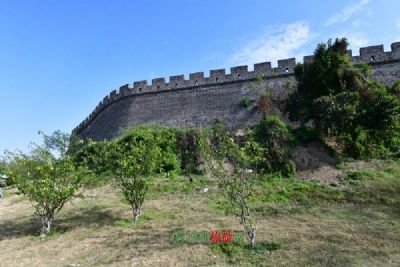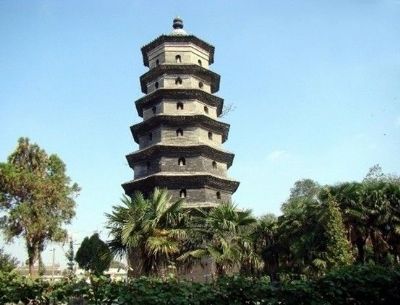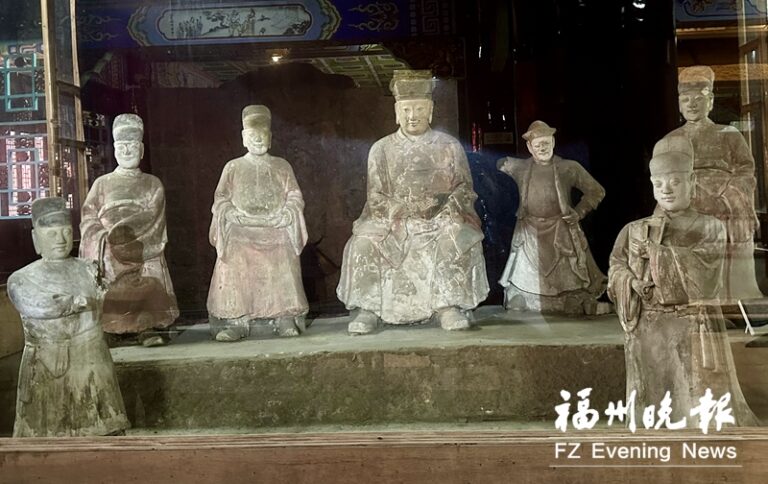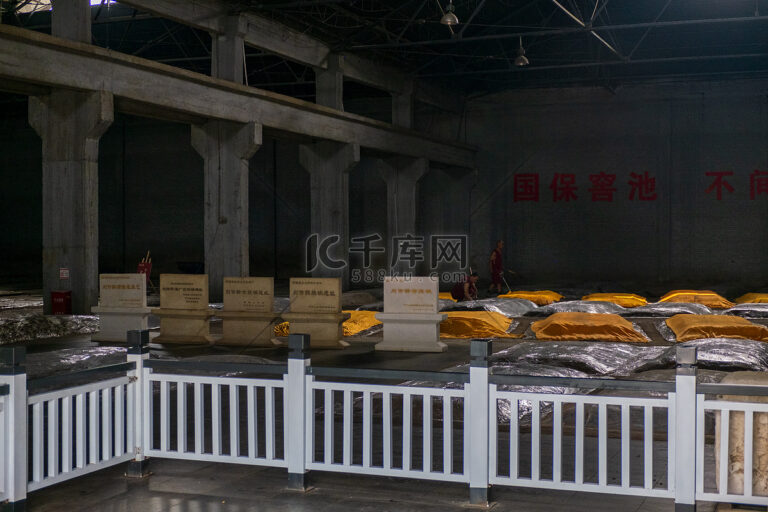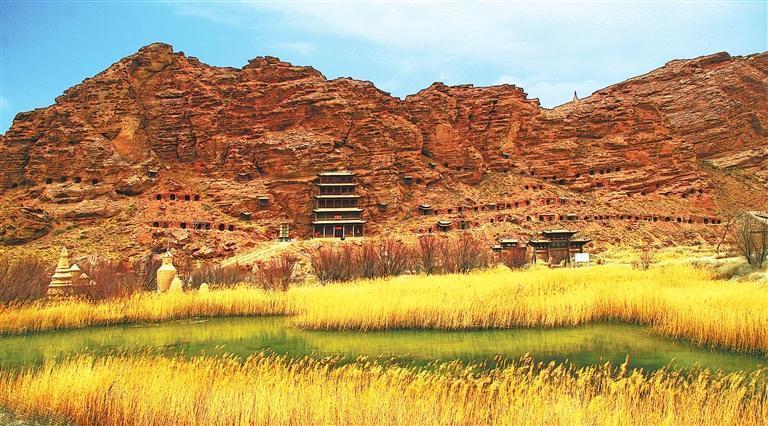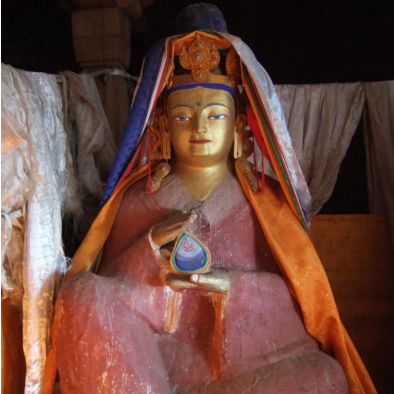Discover the Serenity of Hangzhou Fenghuangsi: A Hidden Gem in Zhejiang
An Essential Guide to Visiting Hangzhou Fenghuangsi
In This Guide
- An Essential Guide to Visiting Hangzhou Fenghuangsi
- The Rich History of Hangzhou Fenghuangsi
- Main Highlights: What to See at Hangzhou Fenghuangsi
- Planning Your Visit: A Practical Guide
- Tickets, Hours, and Booking
- How to Get There
- Local Cuisine and Accommodation
- Frequently Asked Questions
- Final Thoughts on Your Trip
Nestled in the heart of Hangzhou, Phoenix Temple, or Fenghuangsi (凤凰寺), stands as a testament to the harmonious blend of Islamic and Chinese architectural heritage. This revered mosque, one of the four major Islamic temples in China, has witnessed centuries of history since its establishment during the Tang dynasty. Its name, translating to “Phoenix Temple,” evokes imagery of a majestic bird in flight, symbolizing rebirth and hope—a fitting reflection of its enduring presence through the ages.
Occupying approximately 2,600 square meters, the temple features a stunning layout that adheres to Islamic principles while incorporating distinct elements of Jiangnan architectural style. The main hall, with its elegant simplicity, points towards Mecca, exemplifying the temple’s spiritual significance as the center of Islamic worship in Hangzhou. Over the years, it has not only served as a place of prayer but also as a cultural hub for the local Muslim community, hosting various religious celebrations and community events.
Visitors to Phoenix Temple are greeted with intricate details that narrate a rich history—from ancient artifacts inscribed in Arabic to the exquisite design of its rooftops, which feature remnants of Song dynasty architecture. The temple’s serene atmosphere provides a unique opportunity for reflection and appreciation of the cultural tapestry that defines Hangzhou. Whether you are a history enthusiast, an architecture lover, or simply in search of a tranquil environment, Phoenix Temple offers a captivating glimpse into the spiritual and cultural life of this dynamic city.
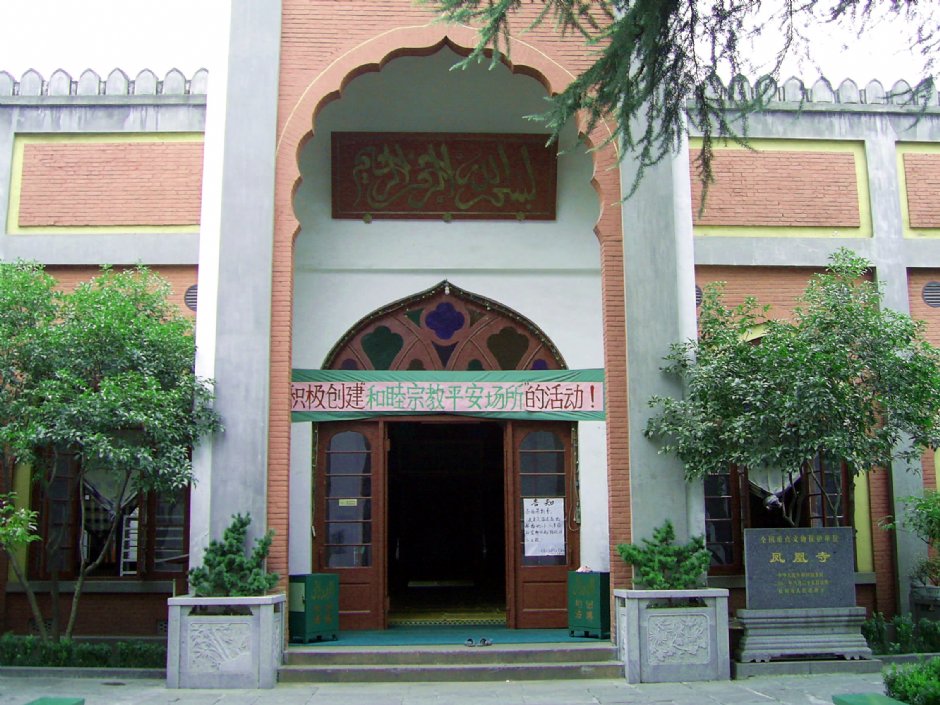
Hangzhou Fenghuangsi.
The Rich History of Hangzhou Fenghuangsi
Situated on Zhongshan Middle Road in Hangzhou, Fenghuangsi, or Phoenix Mosque, is a remarkable testament to the rich tapestry of cultural and religious history in China. This mosque, which dates back to the Tang Dynasty, derives its name from the architectural resemblance of its structure to a phoenix spreading its wings. Over the centuries, it has transformed into one of the most significant Islamic religious sites in the region.
The mosque’s storied past includes a series of reconstructions that reflect both the challenges and resilience of its community. Originally built during the Tang Dynasty (618-907 AD), Fenghuangsi suffered considerable damage in the Song Dynasty due to a devastating fire. It was not until the Yuan Dynasty, specifically in 1281, that the mosque was generously funded and rebuilt by the Islamic master, Aladdin. This marked the beginning of its transformation into a larger and more prominent place of worship, culminating in a more substantial reconstruction that was completed by 1341.
During the mid-17th century, in 1646, Fenghuangsi underwent yet another major reconstruction, which solidified its status as one of the largest mosques in China at the time. Its architectural style uniquely integrates traditional Chinese aesthetics with Islamic design elements, creating a serene and harmonious space for worshippers. The mosque is oriented towards Mecca, adhering to Islamic principles in its layout, with significant structures aligned along an east-west axis.
Fenghuangsi’s significance was further recognized when it was designated as a key cultural relic protection unit in Zhejiang Province in 1961, underlining its importance as a historical site. In 2000, the mosque was honored by the China Islamic Association as a “National Model Mosque,” acknowledging its role in promoting Islamic culture and community activities.
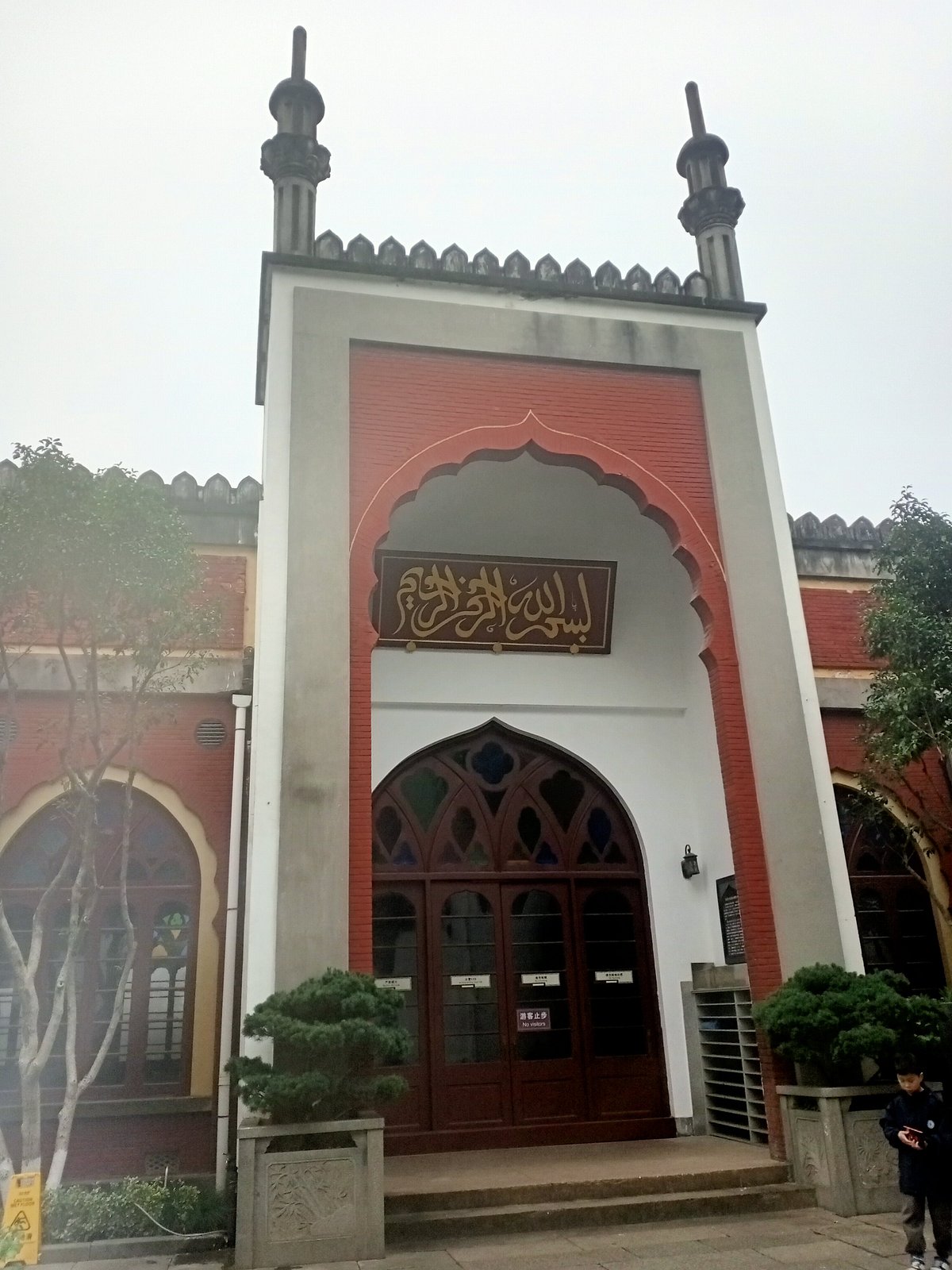
Hangzhou Fenghuangsi.
Inside Fenghuangsi, visitors can admire exquisite artifacts, such as the tombstone of Aladdin, inscribed in Arabic, and various items representing Islamic art. The mosque’s architecture features three octagonal spires from the Song Dynasty, one of which bears an inscription from the Quran, believed to date back to the Ming Dynasty.
Today, Fenghuangsi is not only a spiritual center for the local Muslim community but also a popular tourist destination, where visitors can explore the intersection of Chinese and Islamic cultures. It stands as a living monument to the diverse historical narratives that have shaped Hangzhou and continues to attract those interested in its deep-rooted heritage.
Main Highlights: What to See at Hangzhou Fenghuangsi
Nestled in the heart of Hangzhou, Fenghuangsi (Phoenix Temple) stands as a remarkable testament to the city’s rich cultural tapestry and historical significance. As one of China’s four major ancient mosques, this distinguished site offers a unique blend of architectural beauty and spiritual tranquility.
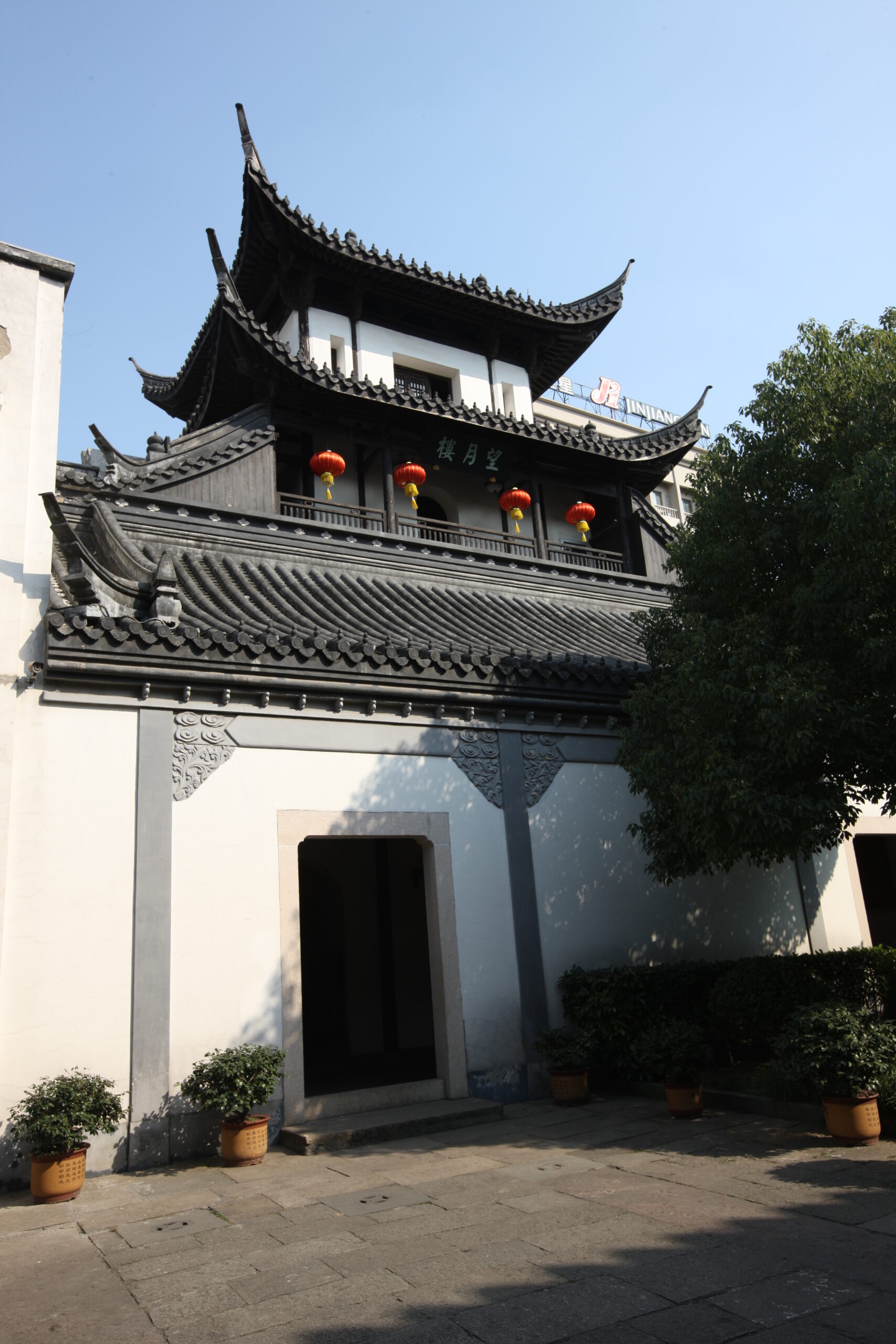
Hangzhou Fenghuangsi.
Architectural Marvel
Constructed during the Tang Dynasty, the temple’s design is inspired by the elegant form of a phoenix in flight, which lends it its evocative name. The mosque’s layout follows Islamic principles, oriented towards Mecca, and features a central prayer hall adorned with traditional Jiangnan aesthetics. This harmonious blend of Chinese and Arab architectural styles creates a visually striking experience for visitors.
Historical Significance
Fenghuangsi has endured centuries of transformation, with significant reconstructions following fires in the Song and Yuan dynasties. Notably, it was rebuilt on a larger scale in 1646, establishing itself as one of the largest mosques in China. In recognition of its cultural importance, it was designated a key cultural relic unit in 2001, ensuring its preservation for future generations.
Rich Cultural Experience
Visitors to Fenghuangsi can admire exquisite artifacts, including Arabic inscriptions and intricately crafted Islamic art pieces, reflecting the deep historical ties between Hangzhou and Arab countries dating back to the Five Dynasties. The temple also houses significant relics, such as a gravestone inscribed in Arabic, which adds to its allure as a center for Islamic worship in the region.
Culinary Delights
After exploring the temple’s serene grounds, visitors can indulge in authentic Muslim cuisine at nearby restaurants, where the flavors reflect the region’s diverse cultural influences. This culinary experience complements the visit, offering a taste of the vibrant traditions that enrich Hangzhou.
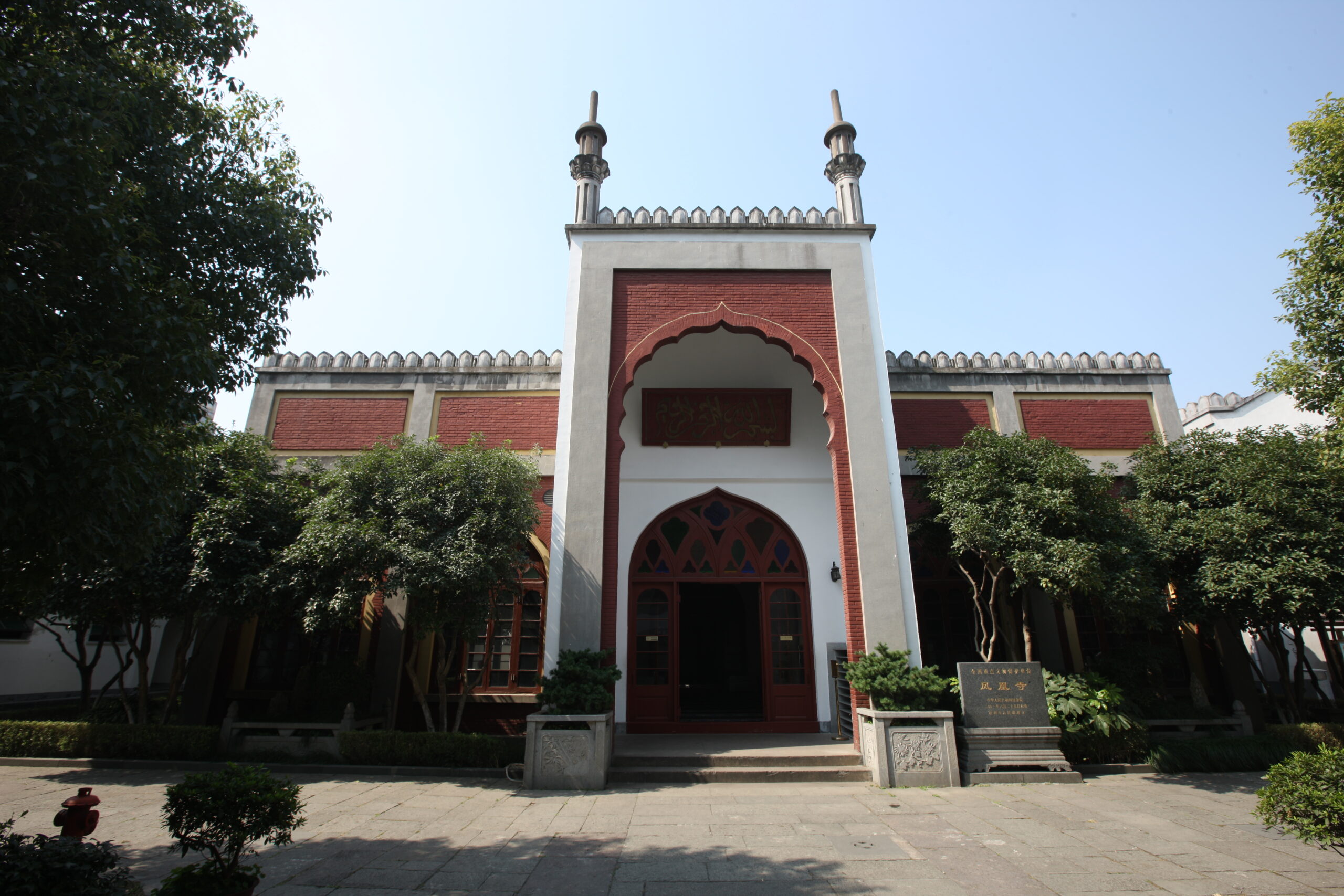
Hangzhou Fenghuangsi.
Nearby Attractions
Fenghuangsi is conveniently located near other iconic sites, such as the picturesque West Lake and the historic Yue Fei Temple. This makes it an ideal starting point for a broader exploration of Hangzhou’s cultural landscape, allowing travelers to immerse themselves in the city’s rich heritage and natural beauty.
In summary, Fenghuangsi is not just a place of worship but a cultural landmark that encapsulates the essence of Hangzhou. Its historical depth, architectural elegance, and spiritual significance make it a must-visit for anyone seeking to understand the intricate layers of Chinese history and culture.
Planning Your Visit: A Practical Guide
Practical Guide to Hangzhou Fenghuangsi (Phoenix Mosque)
Visiting Hangzhou’s Fenghuangsi, also known as Phoenix Mosque, is an enriching experience that intertwines Islamic culture with Chinese architectural beauty. Here’s everything you need to know to make the most of your visit.
Location and Access
Fenghuangsi is situated at 227 Zhongshan Middle Road, Hangzhou, Zhejiang Province. It is conveniently located in the city center, making it easily accessible via various modes of transport:
- Public Transport: The mosque is well-connected by local buses. The nearest bus stops are just a short walk away.
- Taxi: Taxis are readily available throughout the city. Simply show the address in Chinese for easy navigation.
- Walking: If you’re staying nearby, consider strolling through the local streets to explore the vibrant area surrounding the mosque.
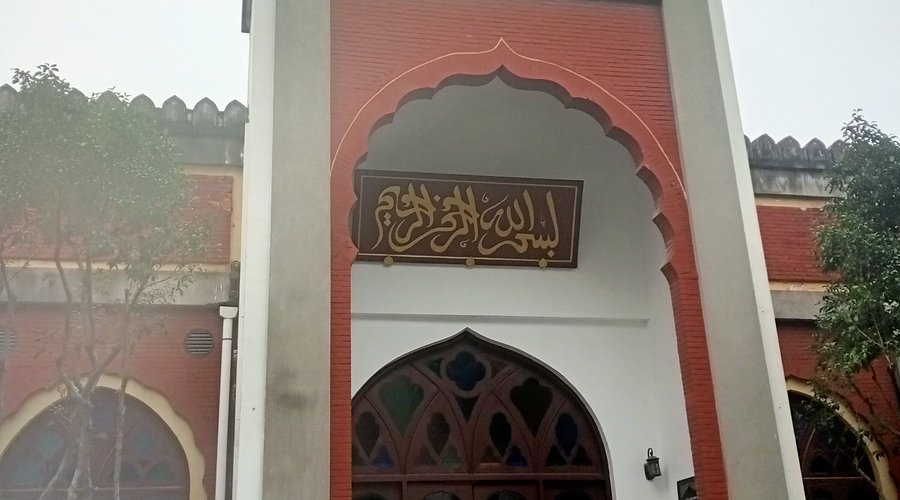
Hangzhou Fenghuangsi.
Opening Hours
Fenghuangsi is open to visitors daily from 8:00 AM to 5:00 PM. It’s advisable to visit earlier in the day to avoid crowds and enjoy a more peaceful experience.
Admission Fees
Entry to Fenghuangsi is generally free, but donations are welcomed to support the mosque’s upkeep. Always check for any updates regarding special events or religious observances that may affect visitor access.
Dress Code and Etiquette
As a place of worship, visitors are expected to dress modestly. Here are some guidelines:
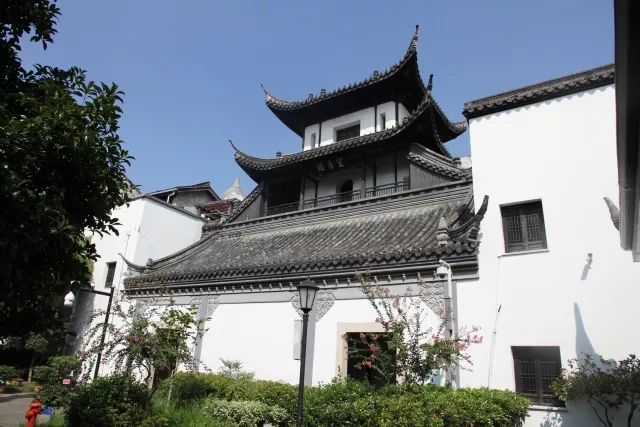
Hangzhou Fenghuangsi.
- For Women: Long pants or skirts and long-sleeved tops are recommended. A headscarf may be required in certain areas.
- For Men: Long pants and shirts that cover the shoulders are appropriate.
- Footwear: Shoes should be removed before entering the prayer hall, so consider wearing easy-to-remove footwear.
What to See Inside
Fenghuangsi is not only a site of worship but also a treasure trove of historical artifacts:
- Main Hall: The architectural style is a unique blend of traditional Chinese and Islamic influences, with the main hall oriented towards Mecca.
- Tomb of Al-Aldin: This notable burial site features inscriptions in Arabic and is a key historical component of the mosque.
- Islamic Artifacts: Throughout the mosque, you’ll find intricate carvings, stone tablets, and objects reflecting Islamic art and culture.
Take your time to appreciate the serene ambiance, and if you are fortunate, you might witness a prayer service, which can be a profound experience.
Local Cuisine and Dining Options
After your visit, indulge in some local flavors. There are several Muslim restaurants near Fenghuangsi where you can try authentic dishes:
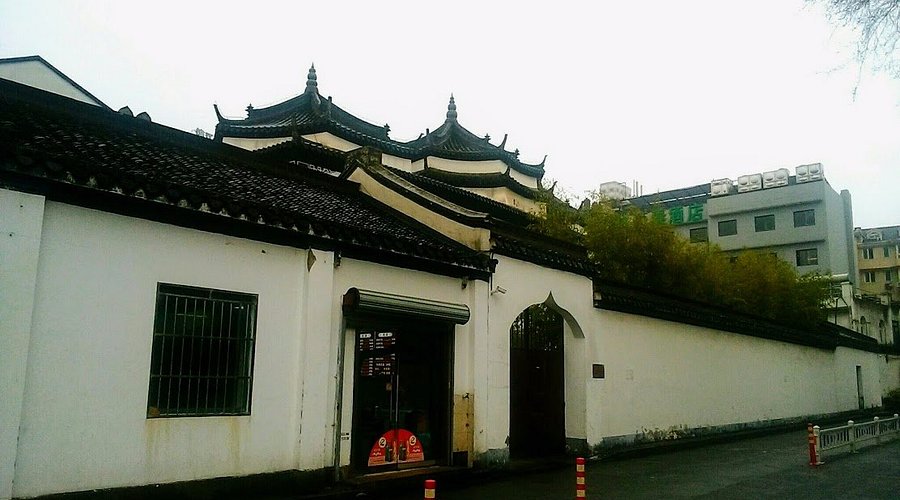
Hangzhou Fenghuangsi.
- Beef Noodle Soup: A local favorite, rich in flavor and perfect for a hearty meal.
- Lamb Skewers: Grilled to perfection, these are a must-try for meat lovers.
- Halal Chinese Cuisine: Many restaurants offer a variety of dishes that cater to Halal dietary requirements.
Nearby Attractions
Fenghuangsi’s central location makes it a great starting point for exploring other attractions in Hangzhou:
- West Lake: A UNESCO World Heritage site known for its picturesque views and cultural significance.
- Lingyin Temple: One of the largest and wealthiest Buddhist temples in China, located just a short distance away.
- Yue Fei Temple: Dedicated to the famous general Yue Fei, this temple showcases beautiful architecture and gardens.
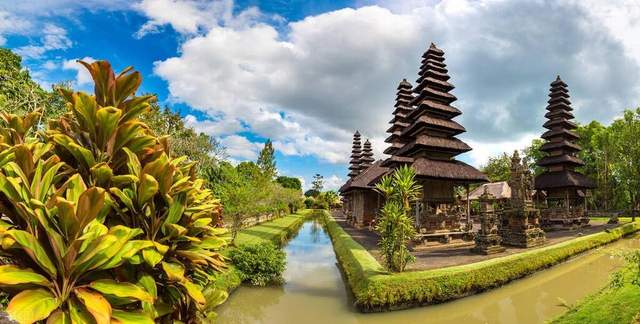
Hangzhou Fenghuangsi.
You can easily spend a whole day in this area, combining cultural exploration with delicious dining experiences.
Tips for Your Visit
- Language: While some staff may speak English, having a translation app can be helpful for a smoother experience.
- Photography: Always ask for permission before taking photos, especially during prayer times.
- Respectful Behavior: Maintain a quiet demeanor, especially within the prayer hall, to honor the sacred nature of the mosque.
Fenghuangsi offers a unique glimpse into the harmonious blend of cultures in Hangzhou. Whether you are a history enthusiast, a culture seeker, or simply looking to explore, this mosque is a notable stop on your journey through this beautiful city.
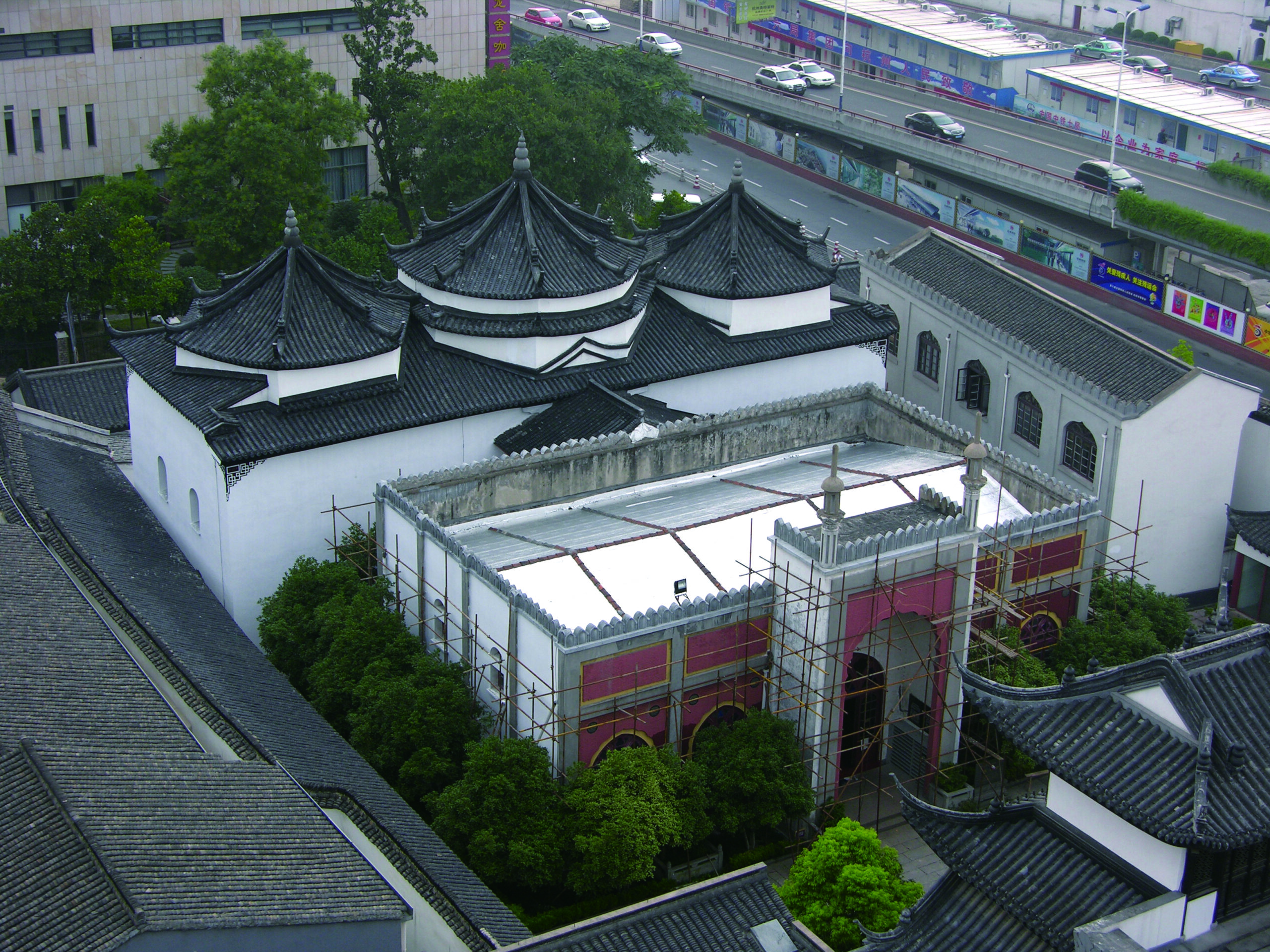
Hangzhou Fenghuangsi.
Tickets, Hours, and Booking
Visiting Hangzhou Fenghuangsi (Phoenix Mosque) is a culturally enriching experience, especially for those interested in Islamic architecture and history. The mosque is open daily from 8:00 AM to 5:00 PM, allowing ample time for exploration and reflection.
Ticket Information
-
Admission Fee: Entry to Fenghuangsi is free of charge. This allows visitors to appreciate the mosque’s stunning architecture and serene atmosphere without any financial barrier.
-
Special Considerations: While there is no entry fee, donations are welcomed to support the mosque’s maintenance and community activities. Visitors are encouraged to be respectful while in the mosque, observing the local customs and traditions.
-
Guided Tours: For those looking to deepen their understanding of the mosque’s history and significance, guided tours are often available. These tours may vary in price, so it’s advisable to check in advance or inquire upon arrival.
-
Access: The mosque is conveniently located in downtown Hangzhou on Zhongshan Middle Road, making it easily accessible via public transportation.
Additional Tips
-
Photography: While photography is allowed in many areas, please be mindful of any restrictions, particularly in prayer spaces where worshippers may be present.
-
Nearby Attractions: After visiting Fenghuangsi, take the opportunity to explore other nearby landmarks such as West Lake, the Yue Fei Temple, and Lingyin Temple, which are rich in history and beauty.
With its rich heritage and welcoming environment, a visit to Fenghuangsi is sure to be a memorable part of your journey in Hangzhou.
How to Get There
Getting to Hangzhou Fenghuangsi (凤凰寺) is straightforward, thanks to the city’s well-developed transportation system. Here’s a comprehensive guide to help you navigate your way to this historic mosque, known for its unique blend of Chinese and Islamic architectural styles.
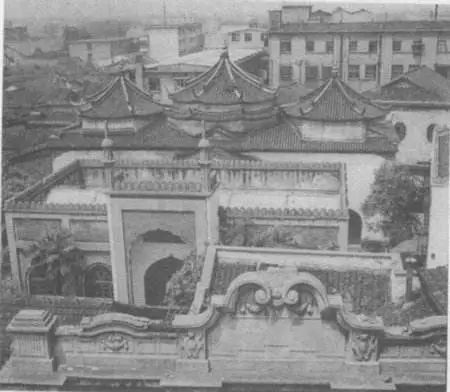
Hangzhou Fenghuangsi.
By Public Transport
Metro:
The Hangzhou Metro is one of the most efficient ways to reach Fenghuangsi. You can take Line 1 and alight at Fenghuangsi Station (凤凰寺站). From the station, it’s just a short walk to the mosque. The metro system is clean, reliable, and affordable, making it a popular choice among both locals and tourists.
Buses:
Multiple bus routes service the area around Fenghuangsi. Look for buses with routes passing through Zhongshan Middle Road (中山中路), where the mosque is located. Bus stops are clearly marked, and schedules are displayed at each stop. Key bus lines include K1, K2, and Y2. Always check the latest schedule on local transport apps to avoid any delays.
By Taxi or Ride-Hailing Services
Taxis are readily available throughout Hangzhou, and fares are relatively inexpensive compared to many cities worldwide. You can easily hail a taxi or book one through popular ride-hailing apps like Didi Chuxing. Simply input “Fenghuangsi” or “凤凰寺” as your destination, and the driver will take you directly to the mosque’s entrance.
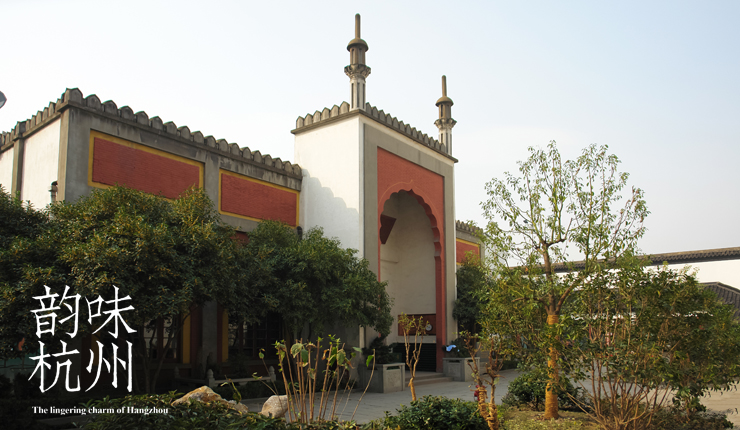
Hangzhou Fenghuangsi.
By Bicycle
Hangzhou is known for its bike-friendly infrastructure, and renting a bicycle is a delightful way to explore the city. Many bike-sharing services are available, allowing you to pick up a bike at one location and drop it off at another. Cycling to Fenghuangsi not only offers a scenic route but also allows you to experience the local vibe and nearby attractions along the way.
Walking
If you are already in the vicinity, walking to Fenghuangsi can be an enjoyable experience. The mosque is located near several other notable landmarks, like the West Lake (西湖) and the Yue Fei Temple (岳王庙). Strolling through the streets allows you to soak in the local culture and architecture, making your visit even more enriching.
Accessibility
Fenghuangsi is accessible to visitors with mobility challenges. The area around the mosque is relatively flat, and entry points are designed to accommodate all visitors. If you require assistance, staff members at the mosque are generally helpful.
Conclusion
Whether you opt for public transport, a taxi, or a leisurely bike ride, reaching Hangzhou Fenghuangsi is convenient. The mosque stands as a testament to the city’s rich cultural heritage, and making your way there will undoubtedly enhance your visit to Hangzhou. Don’t forget to check local schedules and apps for real-time updates on transport options!
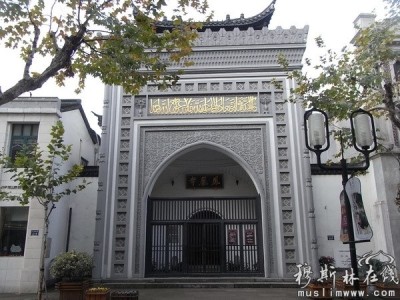
Hangzhou Fenghuangsi.
Local Cuisine and Accommodation
When exploring Hangzhou Fenghuangsi, a historical Islamic mosque renowned for its architectural beauty and cultural significance, visitors can also indulge in a variety of local culinary delights and comfortable accommodations.
Dining Options
Near Fenghuangsi, you will find a range of restaurants that offer authentic Muslim cuisine, allowing you to savor the unique flavors of the region. Here are a few highly recommended spots:
-
Fenghuangsi Muslim Restaurant: Located just steps from the mosque, this eatery serves traditional dishes that highlight the rich culinary heritage of the Hui people. Try their lamb skewers and hand-pulled noodles for an unforgettable meal.
-
Zhejiang Cuisine Restaurants: For a taste of local Hangzhou specialties, head to nearby Zhejiang restaurants. Dishes such as Dongpo pork and West Lake fish in vinegar sauce are must-tries. Popular establishments in the area include Shanwaishan Restaurant and Huangjihuang.
-
Street Food Stalls: Don’t miss the chance to sample local street food. The bustling streets around Fenghuangsi are dotted with vendors selling everything from savory pancakes to sweet treats like sesame balls. This is a perfect way to experience the vibrant atmosphere of Hangzhou.
Where to Stay
After a day of exploration, unwind in one of the many accommodations available near Fenghuangsi. Here are some options that cater to various budgets and preferences:
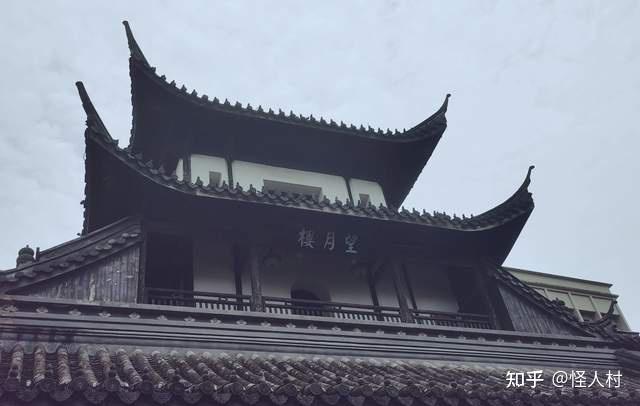
Hangzhou Fenghuangsi.
-
Hangzhou Youth Hostel: Ideal for budget travelers, this hostel offers clean, shared dormitory-style rooms and private rooms at affordable prices. It’s a great place to meet fellow travelers.
-
Hotel Indigo Hangzhou: For those seeking a more luxurious experience, this boutique hotel combines modern amenities with a traditional aesthetic. Enjoy stunning views of the West Lake and exquisite dining options within the hotel.
-
Hanting Hotel (Zhongshan Middle Road): A comfortable mid-range option that provides cozy rooms and friendly service. Its central location makes it convenient for exploring both Fenghuangsi and nearby attractions like the West Lake and Lingyin Temple.
-
The Westin Hangzhou: Situated a bit farther from Fenghuangsi but worth the distance, this upscale hotel features spacious rooms, a wellness center, and exquisite dining options, making it perfect for a relaxing getaway.
Summary
Whether you’re indulging in flavorful dishes at local restaurants or enjoying a restful night at one of the nearby accommodations, your visit to Hangzhou Fenghuangsi promises both cultural enrichment and culinary satisfaction. Embrace the opportunity to experience the fusion of Islamic heritage with local flavors, all while enjoying the serene beauty of Hangzhou.
Frequently Asked Questions
-
What is Hangzhou Fenghuangsi (Phoenix Mosque)?
Hangzhou Fenghuangsi, also known as the Phoenix Mosque, is one of China’s four major mosques, located in Hangzhou, Zhejiang Province. Established during the Tang Dynasty, it showcases a blend of Chinese and Islamic architectural styles and serves as a worship center for the local Muslim community. -
What are the opening hours?
The mosque is open to visitors from 8:00 AM to 5:00 PM daily. It’s advisable to check for any specific schedule updates before your visit. -
Is there an admission fee to enter Fenghuangsi?
Entry to Hangzhou Fenghuangsi is free, allowing visitors to explore its beautiful architecture and historical significance without any cost. -
Can non-Muslims visit the mosque?
Yes, non-Muslims are welcome to visit Fenghuangsi. However, it is important to be respectful of the religious practices and customs observed within the mosque. -
What should I wear when visiting the mosque?
Visitors are encouraged to dress modestly, covering shoulders and knees. Women may be required to wear a headscarf inside the mosque, which is usually provided if needed. -
What can I expect to see inside the mosque?
Inside Fenghuangsi, you can admire the main prayer hall with its unique architectural features, including stone carvings and calligraphy. The mosque also houses a historical tombstone in Arabic and several artifacts that highlight the Islamic art of the region. -
Are there dining options nearby?
Yes, there are several halal restaurants and eateries around Fenghuangsi where you can enjoy traditional Muslim cuisine, making it a great stop for lunch or dinner after your visit. -
What other attractions are near Fenghuangsi?
After visiting the mosque, you can explore nearby attractions such as West Lake, Yue Fei Temple, and Lingyin Temple, all of which are popular tourist spots in Hangzhou, providing a diverse cultural experience.
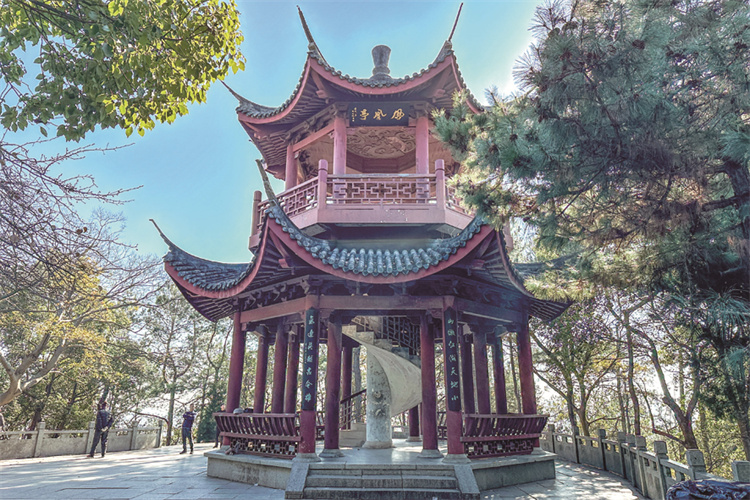
Hangzhou Fenghuangsi.
Final Thoughts on Your Trip
Visiting Hangzhou’s Fenghuangsi is not just about exploring a historical mosque; it’s an opportunity to immerse yourself in a rich tapestry of cultural heritage that spans centuries. This magnificent structure, with its unique blend of Islamic and Chinese architectural styles, stands as a testament to the harmonious coexistence of different cultures. As you walk through its serene halls, you can feel the echoes of prayers and the stories of generations past.
Beyond its spiritual significance, Fenghuangsi offers a glimpse into the artistic traditions of Islamic culture, with intricate carvings and artifacts that celebrate both faith and craftsmanship. After your visit, indulge in the delightful local cuisine at nearby eateries, where the flavors reflect the diverse influences of Hangzhou’s history.
As you continue your journey through this beautiful city, don’t miss the chance to explore the iconic West Lake and other notable attractions nearby. Hangzhou is a place where history and modernity blend seamlessly, inviting travelers to discover its unique charm. So, whether you seek cultural enlightenment, architectural beauty, or simply a peaceful retreat, Fenghuangsi is sure to enrich your travel experience in Hangzhou.
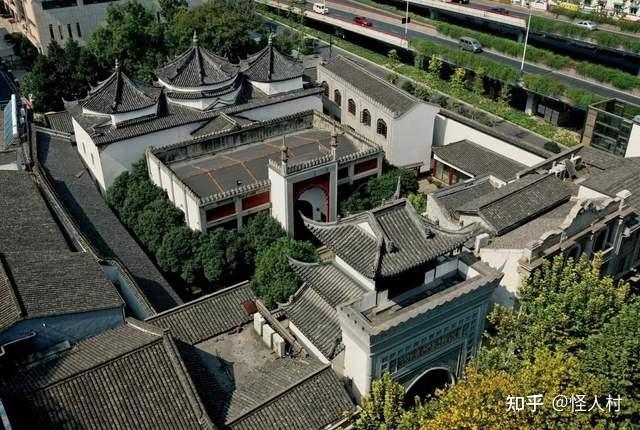
Hangzhou Fenghuangsi.
